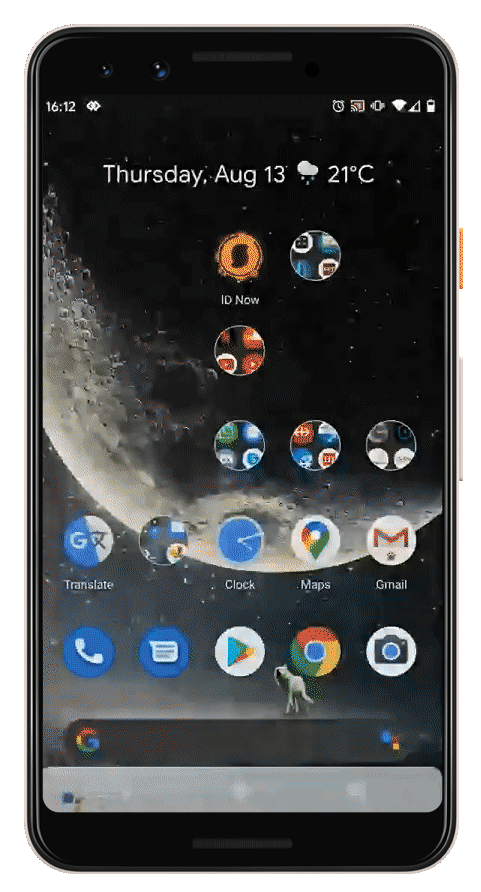Google has announced a clutch of improvements to Google Assistant, including getting the pronunciations right for tricky names and getting context around some of the conversations right.
Basically, what you need to do is just say the name out loud and clear, and Google Assistant will attempt to get the pronunciation right. Once you get the new update on your phone, click the “Record your own” option under the contact field in the Assistant settings menu to get going.
Previously, you needed to spell out the way you wanted a name pronounced. Google is said to be rolling out this feature in English first and hopes to expand to more languages soon, the company says in a blog post.
- Think Alexa, Google Assistant, and Siri are gimmicks? You might be wrong...
- Find out how to use Google Assistant
- What we know about Android 12
Conversation meaning from context
The new feature is much-needed for the AI assistant’s abilities, as it is not unknown to falter on names that aren't common in the English-speaking regions. Typically, both Google Assistant and Siri have struggled to get Indian names right, giving rise to several meme-worthy situations.
"Starting over the next few days, you can teach Google Assistant to enunciate and recognize names of your contacts the way you pronounce them. Assistant will listen to your pronunciation and remember it, without keeping a recording of your voice. This means Assistant will be able to better understand you when you say those names, and also be able to pronounce them correctly," Google said.
It also reiterated that context is crucial when Assistant is trying to understand the meaning of a conversation. So, the company has rebuilt Google Assistant's Natural Language Understanding (NLU) so that it can "more accurately understand context while also improving its "reference resolution" — meaning it knows exactly what you’re trying to do with a command."
Will respond close to 100% to alarm and timer tasks

With its new technology known as BERT, Google can "process" words in relation to the other words in a sentence instead of going through these words one-by-one.
"Because of these improvements, Assistant can now respond nearly 100 percent accurately to alarms and timer tasks. And over time, we’ll bring this capability to other use cases, so Assistant can learn to better understand you," Google said.
BERT, Google said, will also allow Google Assistant to deliver more natural back-and-forth conversations, as Google Assistant will recall your previous interactions and it can intuitively understand what is typed on your smartphone screen.
Giving a specific example, Google said, if you're in a conversation with Google Assistant about Miami and ask, "show me the nicest beaches," it will understand it to be about beaches in Miami.
from TechRadar - All the latest technology news https://ift.tt/2Pvfgsq
No comments:
Post a Comment